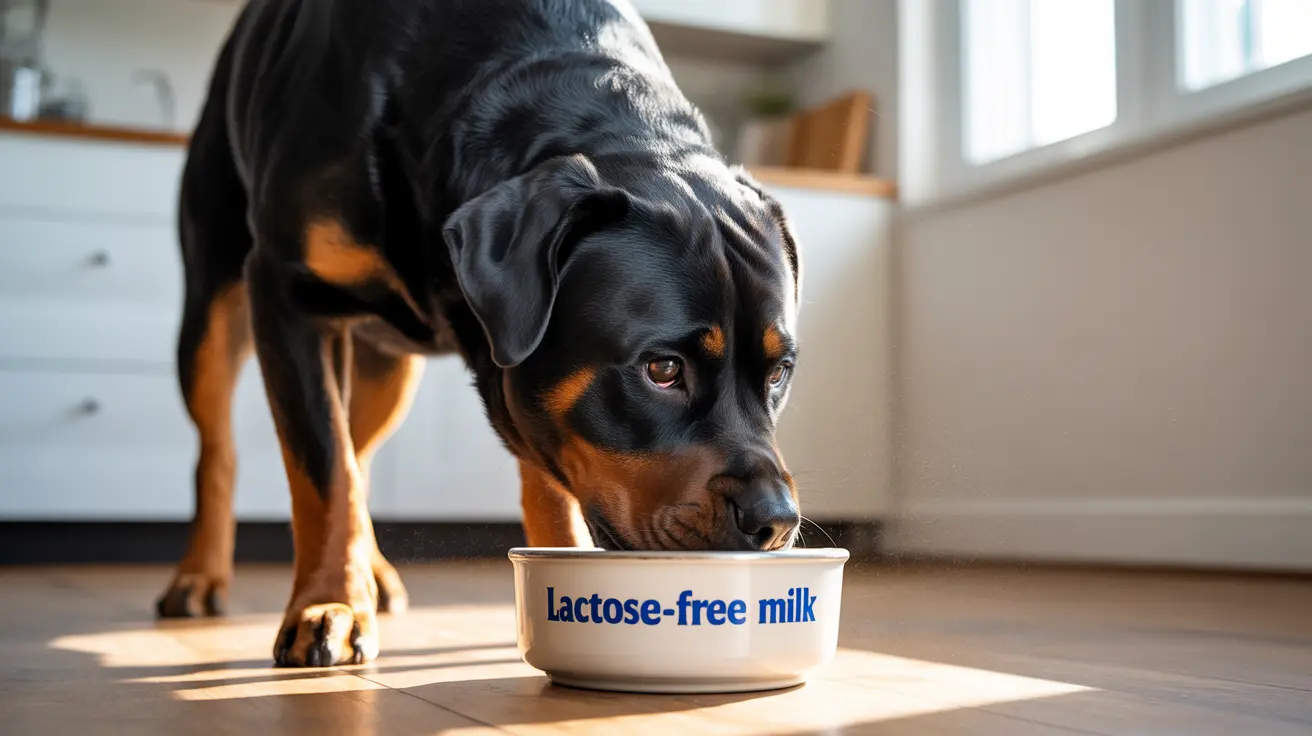As pet owners, we often wonder whether sharing everyday human foods and drinks with our furry friends is safe. One common question that frequently arises is whether dogs can drink milk. While milk isn't toxic to dogs, the answer isn't as straightforward as you might think. Let's explore the facts about dogs and milk consumption to help you make informed decisions about your pet's diet.
Understanding the relationship between dogs and dairy is crucial for maintaining your pet's health and preventing potential digestive issues. While some dogs might seem to enjoy milk, their bodies aren't necessarily equipped to handle it properly, especially in large quantities or on a regular basis.
The Truth About Dogs and Milk Digestion
Most adult dogs are actually lactose intolerant to some degree. This is because after weaning, dogs naturally produce less lactase, the enzyme responsible for breaking down lactose in milk. Without sufficient lactase, consuming dairy products can lead to digestive upset and other health issues.
While puppies can digest their mother's milk efficiently, their ability to process dairy typically decreases as they age. This biological change is completely normal and mirrors what happens in many other mammal species, including humans.
Potential Risks of Giving Milk to Dogs
Feeding milk to dogs can lead to several health concerns, ranging from mild discomfort to more serious conditions:
- Digestive upset and diarrhea
- Vomiting and nausea
- Bloating and gas
- Weight gain due to excess calories
- Potential development of pancreatitis
- Allergic reactions in sensitive dogs
Safe Dairy Alternatives for Dogs
If you're determined to give your dog dairy products, there are safer alternatives to regular milk:
- Small amounts of plain, low-fat yogurt (contains beneficial probiotics)
- Minimal portions of cottage cheese
- Lactose-free milk products specifically formulated for dogs
- Commercial puppy milk replacers (for orphaned puppies only)
Guidelines for Milk Consumption
If your dog shows no signs of lactose intolerance and your veterinarian approves, you can occasionally offer small amounts of milk as a treat. Follow these guidelines:
- Limit portions to a few tablespoons at most
- Monitor your dog for any adverse reactions
- Never use milk as a meal replacement
- Always provide fresh, clean water as the primary drink
- Discontinue immediately if any digestive issues occur
Frequently Asked Questions
Can dogs safely drink milk, and how much milk is appropriate for them?
While some dogs can tolerate small amounts of milk, it's not recommended as a regular drink. If offering milk, limit it to 1-2 tablespoons occasionally as a treat, and only if your dog shows no signs of intolerance.
What are the signs of lactose intolerance in dogs after they consume milk?
Common signs include diarrhea, vomiting, bloating, gas, and general digestive discomfort. These symptoms typically appear within 12 hours of milk consumption.
Is milk bad for dogs, and what health risks does regular milk consumption pose?
Regular milk consumption can lead to obesity, chronic digestive issues, and potentially pancreatitis. While not inherently "bad," milk is unnecessary in a dog's diet and can cause health problems if given frequently.
How do milk allergies differ from lactose intolerance in dogs, and what symptoms indicate an allergy?
Milk allergies involve an immune response and can cause symptoms like itching, hives, facial swelling, and breathing difficulties, while lactose intolerance primarily causes digestive issues.
What types of milk or dairy products are safest for dogs, and are there better alternatives to cow's milk?
Lactose-free products specifically formulated for dogs are safest. Small amounts of plain yogurt or cottage cheese are generally better tolerated than regular milk due to their lower lactose content.
Conclusion
While milk isn't toxic to dogs, it's generally best to avoid making it a regular part of their diet. Most dogs don't need milk after weaning, and many can't properly digest it. If you want to give your dog milk, consult with your veterinarian first, start with very small amounts, and watch carefully for any adverse reactions. Remember, fresh water is always the best drink choice for your canine companion.






